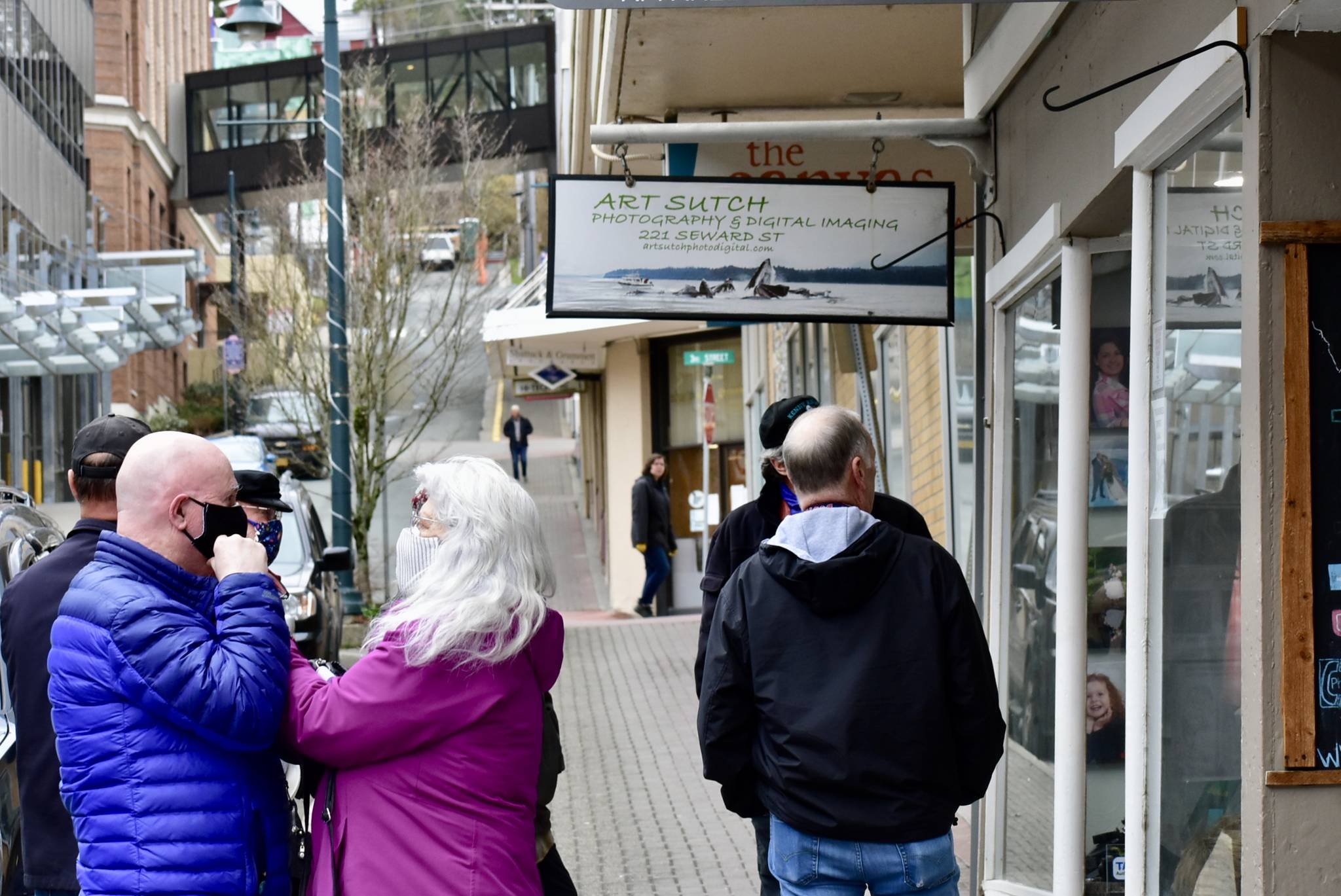As I listened to the Assembly Finance Committee meeting on the evening of May 20, I was struck by comments made in the discussion regarding business assistance grants, which insinuated that helping businesses survive this COVID crisis would not help the “people” of Juneau in need. While I respect the care and concern assembly members are taking to ensure that limited resources are spread across a wide range of needs in our community, the assertion that assisting businesses neglects to help people is false. In our small community, local businesses are our people.
The local business I now own employed me for 20 years and has been a part of this community for 25. This business funded both my undergraduate degree from UAS and my MBA from UAA, and gave me the opportunity to become involved in the local business arena. I was the first woman in my family to attend college and the first person in my family to earn a master’s degree. This local business has given me a future I never dreamed was possible, by elevating me beyond the socioeconomic barriers that stood before me. This small local business provided me seasonal work so I could focus on school, offered me job skills and mentorship, and created a pathway of inclusion to organizations here in my hometown of Juneau.
Over the last 20 years, this one small business has employed 119 members of this community, patronized over 130 other local businesses, donated to over 30 charities, sports teams and nonprofit organizations, and supported 113 Alaskan artists. If my one small business does not survive, this tradition of supporting the people of Juneau does not survive. My one small business is not an anomaly, it is the story of many family owned businesses in Juneau.
Ensuring that our local businesses weather this storm is ensuring the future of Juneau. Without the tax revenues created by our risks, by our sweat and tears, by the incredible amount of time and energy we invest in our businesses, the expenses we incur just to collect sales tax on behalf of our city, our community will not have the capacity to help those in need in the future.
During this same meeting I also heard mention of concern that helping businesses merely “stay afloat to survive” until next year does not do a service to this community, this assertion is also false. Take my business as one example again. Staying afloat this year means 25 more years in operation in Juneau, 119 more local hires, 113 more Alaskan artists, 130 more businesses to patronize. We are seasonal, as many businesses and industries in Juneau are seasonal because our population of 33,000 cannot sustain the vibrant mix of locally owned businesses in our community. We all get to enjoy the shops and restaurants that are here to serve visitors and locals alike, but are only able to operate because of the volume of visitors. Our products and services may not cater entirely to locals, but the impacts of our business certainly do.
According to JEDC, in 2018 48% of average monthly employment in Juneau was directly generated by the private sector, this does not include mining, which generates 5%. To say that assisting businesses in Juneau doesn’t help people, effectively leaves out 48% of its people. It is also important to remember that the owners of these businesses are our people. The idea that every business owner is a wealthy mogul who doesn’t need the same assistance as our employees during this time is grossly short-sighted.
Many of the local business owners in this community, whether it be a small, mediu or large business, are surviving month to month. We have families to support just like everyone else, but unlike some, we are facing an 18-month stretch with no revenue, through no fault of our own. This is not due to poor business management, risky business decisions or faulty investments. Our business interruption is caused by a global pandemic, and has left many of us saddled with unimaginable amounts of debt. As business owners, many of the programs designed to help individuals through this crisis do not apply to us, yet we are members of this community, trying to survive just the same.
I am thankful to the Assembly for all they are doing. I have listened to the long meetings, I know they are missing time with their families and have day jobs to attend to — the time they are investing in seeing us through this crisis is immeasurable and I appreciate each and every one of them. I ask that this Assembly please keep me and the many like me in mind when they envision who our local businesses really are. We are people, and we need help, so that we may continue to sustain this community for the long term.
• Laura Martinson is owner of Caribou Crossings.

